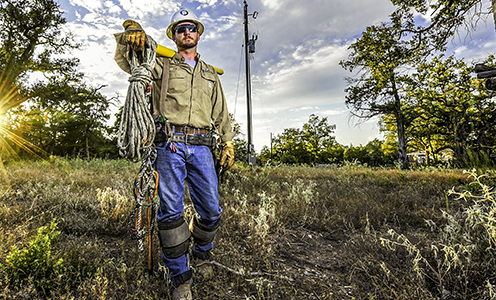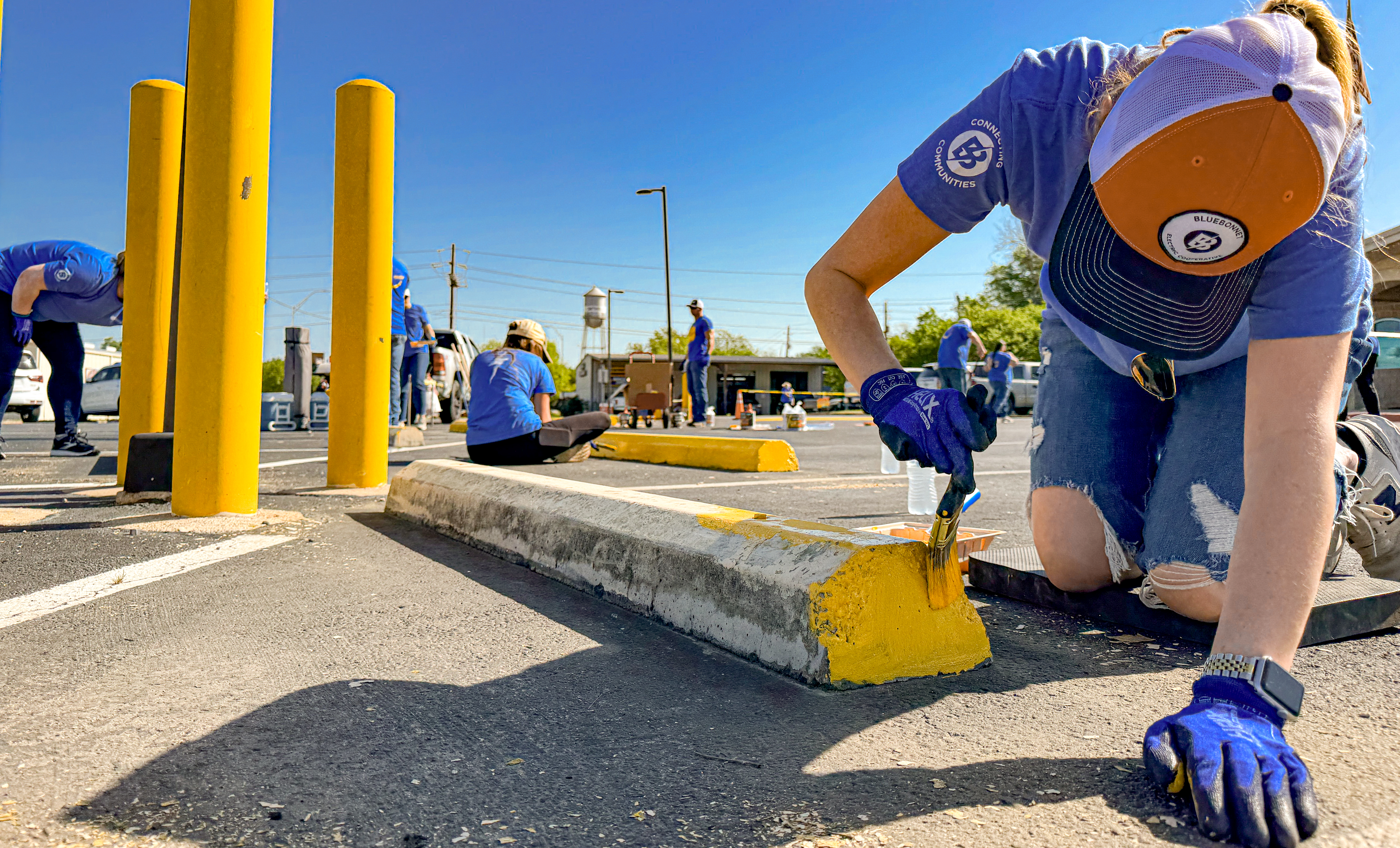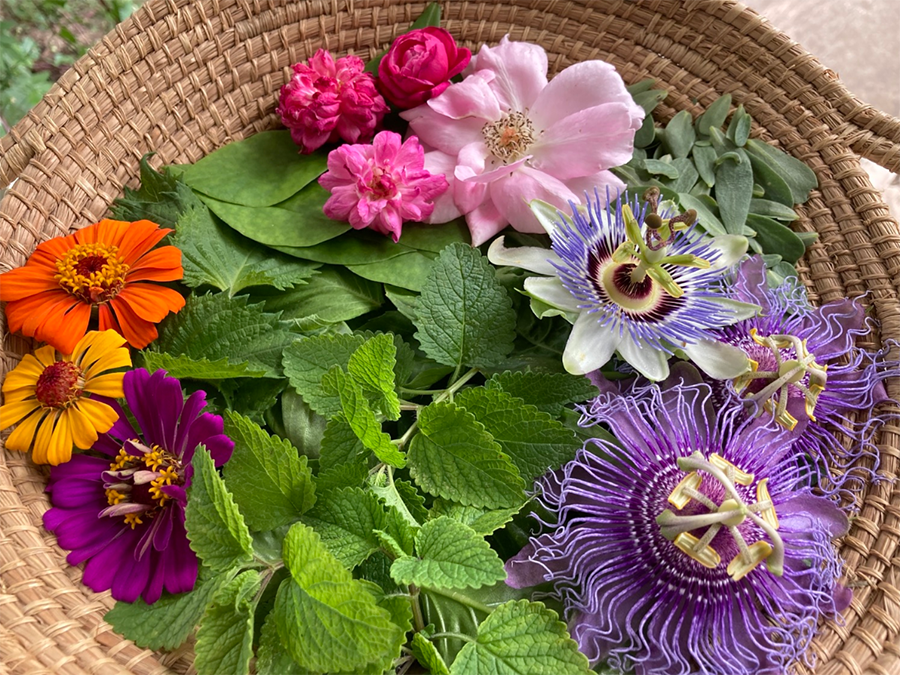
It’s time for Bluebonnet-area barbecue to share the spotlight with its supporting cast, from potato salad to poblano spaghetti
Story by Eric Webb * Photos by Sarah Beal
Picture a plate of barbecue. Maybe you see brisket with peppery bark guarding a glistening streak of fat. Perhaps there’s a shiny link of sausage, the casing ready to snap and reveal the juiciness inside. Don’t forget the beef rib as big as you think your appetite is.
When you’re talking Texas barbecue, meat always gets top billing.
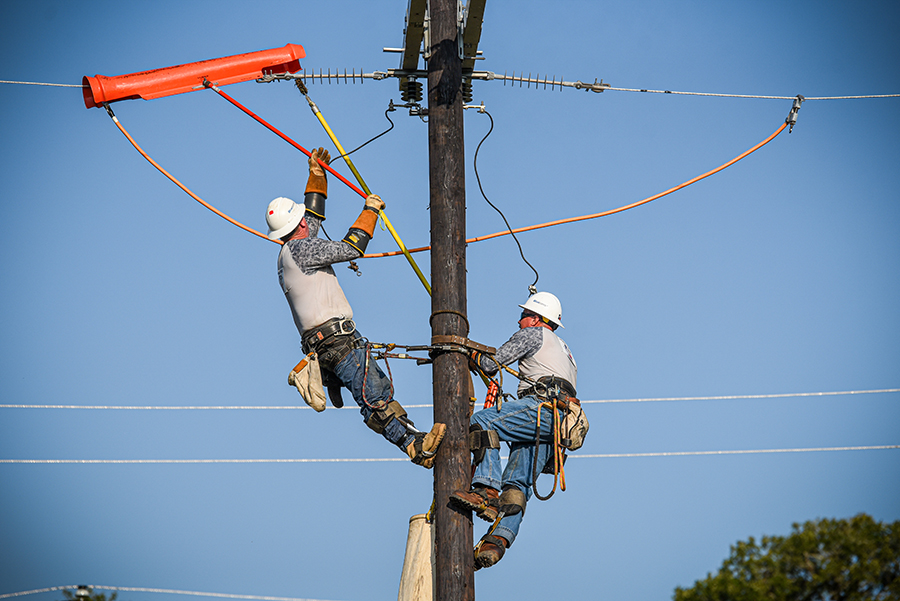
Bluebonnet Electric Cooperative will send lineworker interns, journeymen, judges and a barbecue team to compete in the annual Texas Lineman’s Rodeo, set for July 19 at Nolte Island Recreation Area near Seguin.
This rodeo is not for cattle and cowboys. Lineworkers compete against others from electric utilities across the state in intense, timed challenges that showcase skills they perform every day, such as climbing utility poles, repairing power lines and fixing equipment.

Here’s how to save on electricity while you’re away
As you get ready for your summer vacation, you’re probably thinking about bumping up your thermostat to save electricity and money. There are more ways to save electricity costs and keep your home safe while you’re away. Try these simple tips to save money and conserve electricity:
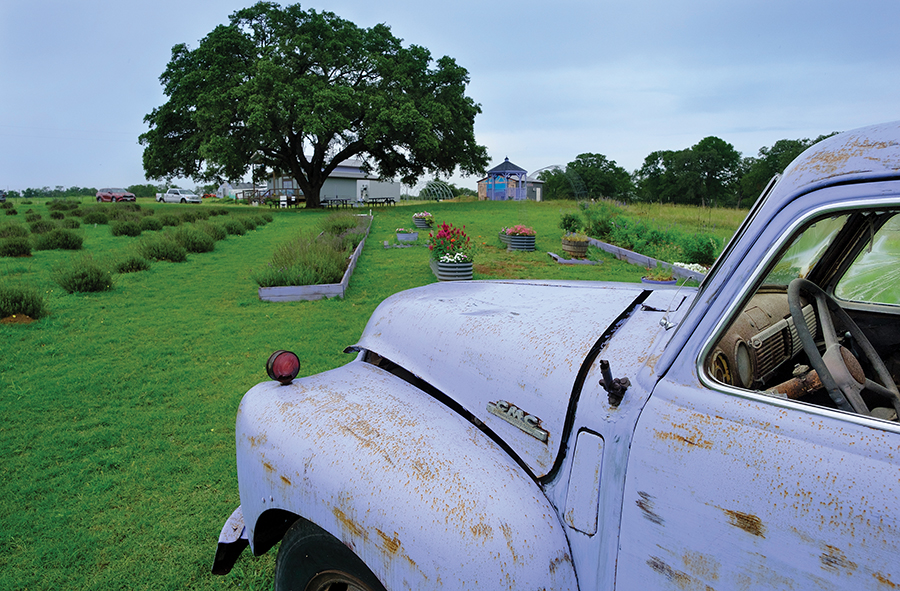
Lavender farms have firmly taken root, and more growers are experimenting with unusual crops across the Bluebonnet region
Story by Eric Webb l Photos by Laura Skelding
It's Saturday morning, and you’ve filled your farmers market bag with the staples — tomatoes, carrots, melons, peppers and a few fresh herbs. Now your wandering eye spots something surprising — pomegranates, figs, turmeric, tea from a native plant and an assortment of fragrant flowers.
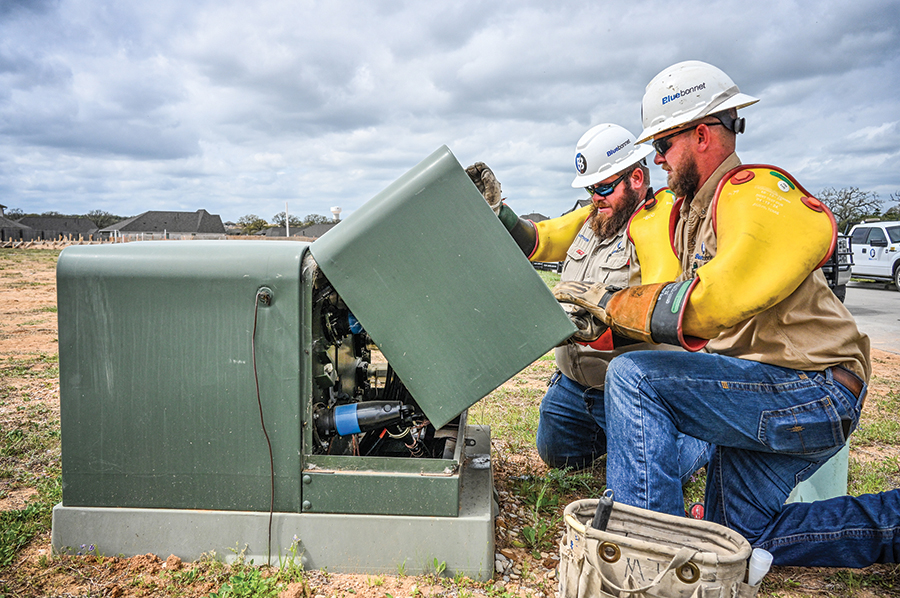
Spring planting season may inspire you to grow something pretty that also blocks the view of that green utility box on your property. But those boxes — also known as pad-mounted transformers or junction boxes — house high-voltage equipment that connects your home to electricity. They are safe when properly maintained, but blocking or tampering with them can be dangerous.
Keep people — and plants — a safe distance from Bluebonnet Electric Cooperative’s pad-mounted equipment by following these rules:
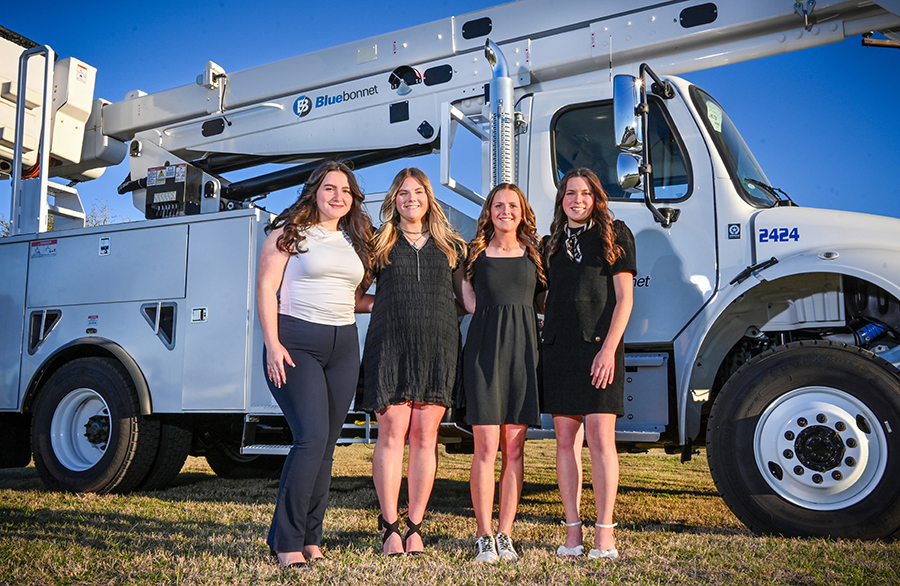
Government-in-Action Youth Tour will take students to historic landmarks and the U.S. Capitol
A student passionate about civic engagement, an award-winning FFA member, and a committed leader and athlete will represent Bluebonnet Electric Cooperative this summer in Washington, D.C. Zoe Moreno, a senior at Bastrop High School; Ruby Meachen, a senior at Giddings High School; and McKenzie Tiemann, a junior at Brenham High School, were selected for the Government-in-Action Youth Tour, an all-expenses-paid trip that will take them to historic landmarks and the U.S. Capitol.
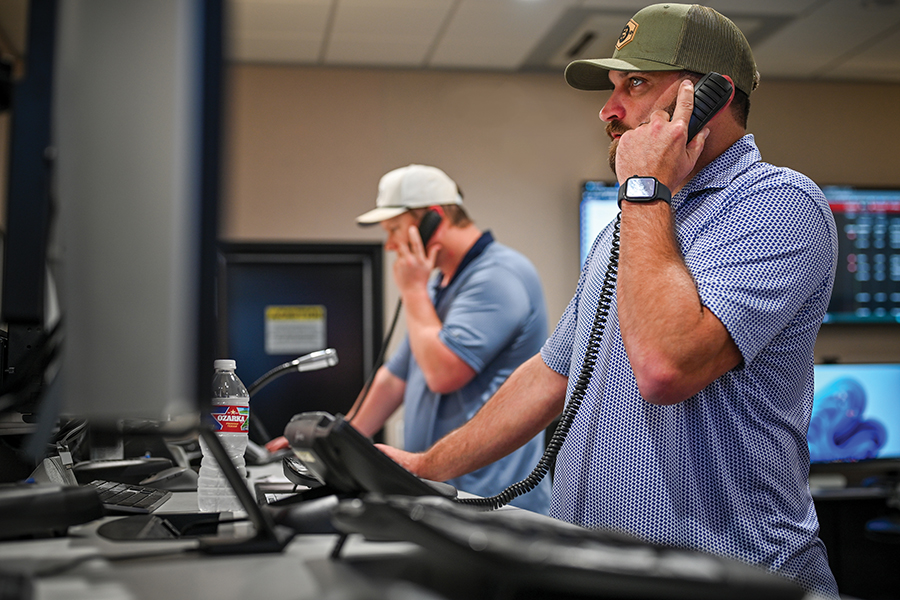
All day, every day, skilled operators watch Bluebonnet’s electric system to locate outages, coordinate crews and keep the lights on.
By Alyssa Meinke
When a storm rolls in, a vehicle hits a power pole or an animal touches the wrong piece of equipment, Bluebonnet Electric Cooperative’s control center is the first to respond. A team of 10 control center operators work in shifts to monitor Bluebonnet's electric grid. When an outage occurs, the operators dispatch lineworkers to restore power as quickly and safely as possible.
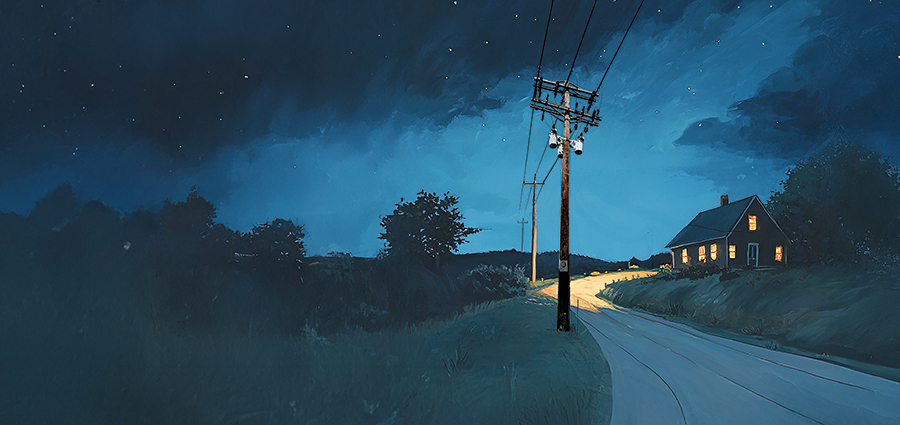
Stories of outages, response and restoration — and communication every step of the way
Story by Kirsten Tyler
Photos by Sarah Beal
Imagine this: It’s night, and a powerful storm is moving through the region. There is thunder and lightning. Your lights flicker once, twice, a third time. Then, darkness. As you reach for your phone to report the outage, Bluebonnet Electric Cooperative’s control center operators are standing by to take the first steps to restore your power.
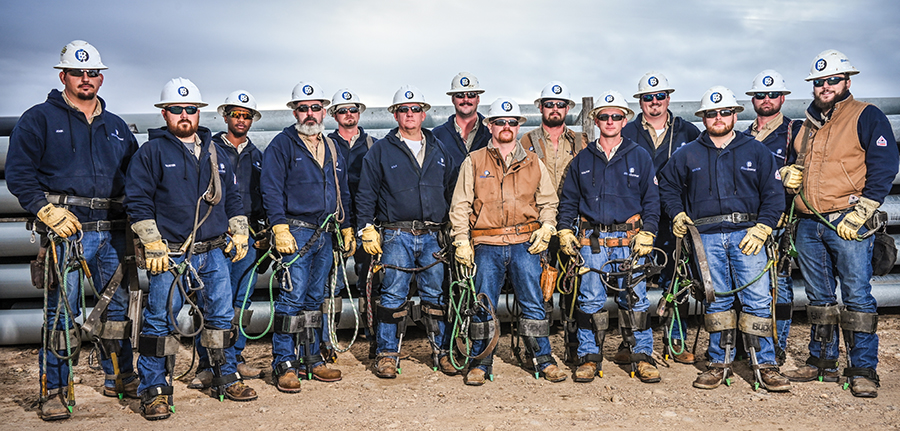
Three graduates began Bluebonnet careers as interns; two employees get advanced technical training certifications
By Connie Juarez
Fourteen apprentice lineworker graduates at Bluebonnet Electric Cooperative are now prepared to join the skilled team of journeymen who provide reliable service across the cooperative’s 3,800-square-mile service area.
Three of those graduates began as lineworker interns at Bluebonnet, completing a six-month training program before beginning years of apprentice courses and on-the-job learning.

